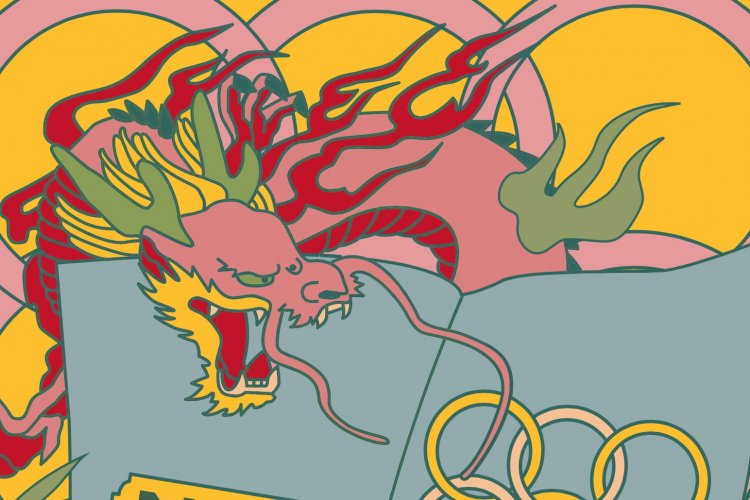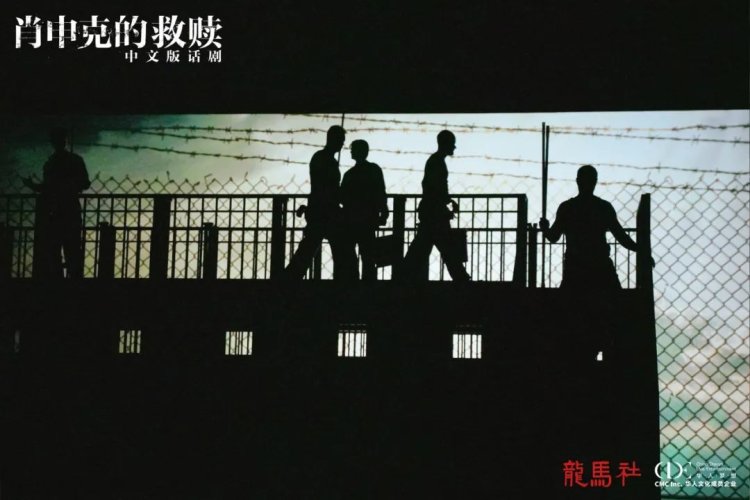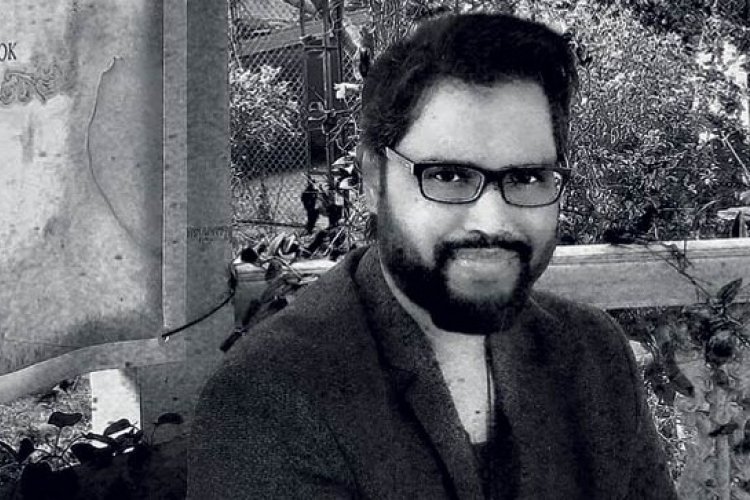Shadowplay: Sarah Oppenheim’s new stage production explores the underworld
French drama director Sarah Oppenheim culled inspiration from her twin passions for Chinese ghost stories and traditional performing arts in her new production, The Execution of the Judge of Hell, (L’Exé Du Juge Infernal , 灯官油流鬼) is based on one of classic Peking Opera, The Beheading of The Judge (铡判官)– a story that incorporates Chinese literary characters, shadow puppetry and Beijing opera. Before the curtain rose, tbj spoke with Sarah about working with the performers, scenes of torture and oil pouring demons.
tbj: How did you manage to combine Peking Opera and traditional shadow puppetry in the show?
Sarah: The Execution of the Judge of Hell is a story that starts on earth and ends in the underworld. The story goes back and forth between shadow puppets and Beijing opera actors, between the earth and the underworld … there are five Beijing Opera actors in the show, mostly performing the ghost parts. All the other characters, who are mostly on earth, are performed with puppets.
The idea is that the incessant [transitions] from actors to puppets and vice versa can set the audience in a limbo between both, suspended in uncertainty, where not only the living and dead – but also reality and illusion – are hard to differentiate. I think the combination of shadow puppets and Beijing Opera can influence each other to create a new scenic universe. For example, music and gestures come from Beijing Opera so the puppet performers have to adapt, but we also try to make Beijing Opera enter into the shadow puppets universe – a darker, more intimate universe.
tbj: Why did you choose this story?
S: I chose The Execution of the Judge of Hell because it is one of the most captivating ghost plays of the Chinese repertory to me. Chinese ghost plays were a very important part of the traditional repertory, but they have for the most disappeared, especially in the shadow puppet world. Performing The Execution of the Judge of Hell was a chance for the Han Feizi shadow puppet troupe (which I work with on the show) to rediscover this repertory and offer audiences a chance to view performances that are no longer staged.
The story itself takes place on the day of the Lantern Festival, when a young girl is strangled to death. Her beloved is wrongly accused of committing the murder and is sentenced to death. The girl’s ghost complains about this injustice to the Judge of Hell. In order to protect the murderer, who happens to be his nephew, the Judge of Hell sends her to a hidden place to be tortured. The famous Judge Baogong, who is in charge of this mysterious case on Earth, decides to go down to Hell to investigate. Helped in his search by the malicious “Oil Pouring Demon,” he discovers the treachery of the Judge of Hell and punishes him.
It is as much a story of love and death as it is a story of justice and corruption. The combination of each character’s journey and story makes this play rich and complex.
tbj: How was this very traditional Chinese tale adapted for Western audiences?
S: Nowadays, it is [actually] a challenge to make the Chinese audiences appreciate traditional Chinese theatre as much as Western audiences! So indeed, there has been a big work of adaptation of the original plot. The dramaturge and poet Han Feizi and I worked on a shorter and more direct version of the play. The idea is that the most important thing is to tell a story to the audiences. This may seem obvious, but normally the plot is not so important in Chinese opera, which tends to focus on the singing and the acrobatics – that is to say the demonstration of a technique. But to me, we go to the theater to listen to stories and to be led into another universe – it’s not just about appreciating the art of an actor.
We paid close attention to the rhythm on stage to keep the play dynamic and fluid; and fused the dialogue, singing and choreography together in one rhythm to tell a single, gripping story. Perhaps the most important change in our version is in the main character, which we changed from Judge Baogong to the small oil-pouring demon that helps him. Because of this, we felt he could be closer and more connected to a modern audience than Judge Baogong.
tbj: What do you hope to achieve with this production?
S: With this show, I hope to make a modern audiences appreciate traditional Chinese theatre, not like a piece of art in a museum or an exotic art, but like a living art that can still be connected to our current world. That means that we have to find some new ways to make these arts evolve without cutting them from their roots.
In addition, having some artists that are not used to working together collaborate on this project is a good way to open new doors and discover new paths. Beijing Opera actors and shadow puppet performers belong to two different universes that have never met, and it’s a great challenge for me to make them work together and learn from each other. I think they accepted me as director because we have known each other for a long time now and they know that I understand Chinese theatre and I won’t infantilize it; at the same time I’ve also stood an “external point of view” that gives me a different understanding that may bring some renewal and a new breath.
The drama will be on from Jun 9-11 in Chaoyang Culture Center (8599 6011) RMB 50-180. Tickets at 6417 7845. In Chinese with French subtitiles. For more information, check www.faguowenhua.com. 7.30pm






